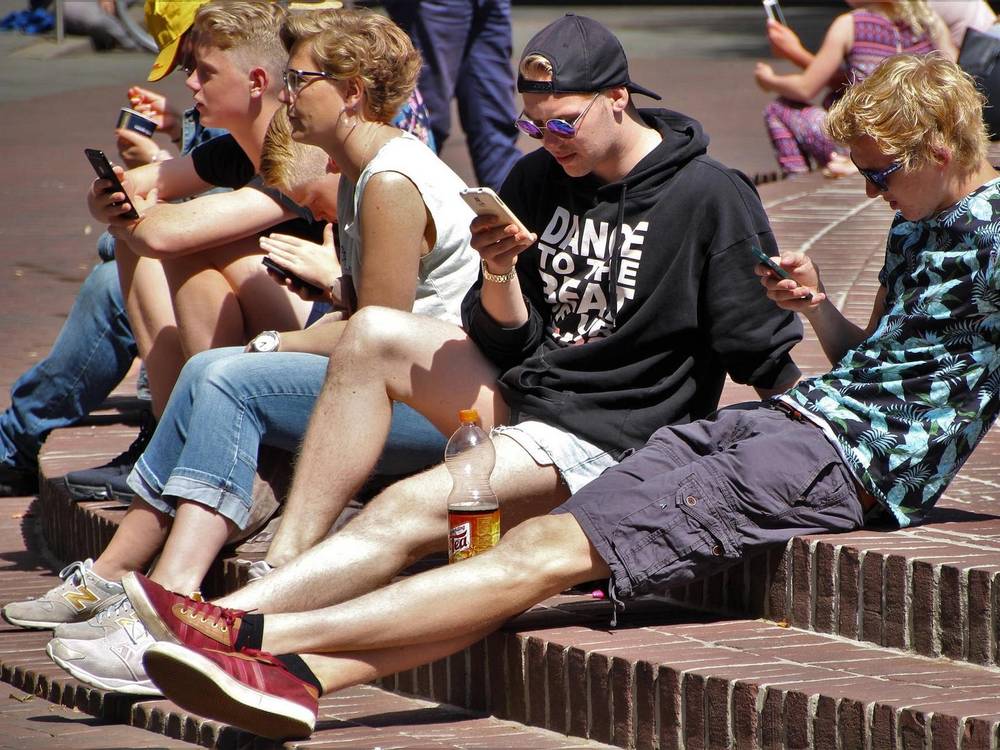An elementary school pupil wrote to the Ombudsman that the school lunch portions were too small, especially for pupils in the last triad, and that he was coming home from school hungry. It also often happens that certain types of food run out early and some pupils are left without a part of the lunch. Pupils who have to take the bus to school have only 10 minutes for lunch. The Ombudsman informed the school that the fact that some pupils do not take all parts of the lunch or leave uneaten food is not a justified reason for reducing meal sizes. Pupils must always be able to get an extra and have enough time to consume it. It should not happen that pupils only have 10 minutes for lunch between the end of lessons and the departure of the school bus, since it is not possible to eat the lunch properly during this time, let alone go for an extra if the first portion is too small. The Ombudsman asked the school to inform him of the activities carried out, findings, and possible measures that will follow. We are still waiting for feedback.
* * *
An elementary school pupil wrote to the Ombudsman that the school lunch portions are too small, especially for pupils of the last triad, and that he comes home from school hungry. It also often happens that something runs out early and some pupils are left without a part of their lunch (e.g. when they had jota and štruklji for lunch, they ran out of štruklji, so some pupils only got jota). Pupils who have to take a school bus to the school and who finish their lessons 15 minutes before the school bus leaves have only 10 minutes for lunch, after which the teachers send them to the bus. During this time, it is not possible to properly eat the entire lunch, believes the elementary school pupil.
The Ombudsman checked the allegations with the school. He emphasised that the complaint contained no comments against the food itself, nor does the Ombudsman look into the quality of school meals, as he is not qualified to do so. He was interested in how much food the pupils actually get for lunch and how much time they have available to eat it.
The principal informed us that the National Institute of Public Health (NIJZ) conducted an expert review of the organization of school/nursery school meals in the school in the spring of 2022. The school attached an expert opinion from NIJZ to the response, from which it follows that the school is striving to improve its services in the field of nutrition. The NIJZ also proposed improvements to the school, which, according to the principal, are already being implemented. Among other things, NIJZ recommended that the school management should appoint a new group responsible for nutrition and that, according to the current legislation, should check the level of parents' satisfaction with nutrition once a year with a survey.
In his reply to the Ombudsman, the principal also stated that the pupils often do not eat all the parts of the lunch and that the food is left over. School staff eat lunches consisting of the same components the pupils eat. According to the response, the noted difference between the lunches of one and the other can only be due to the difference in the parts offered, since the employees take all types of meals, while pupils only some.
The vast majority of pupils at the school drive to and from school by a school bus. The principal stated that the school was not successful in co-creating school bus departure schedules, as the implementation of public transport in the municipality is a very complex issue. According to the principal’s words, the school's impact on bus scheduling can be measured in minutes. They are aware of the remark about insufficient time for eating lunch and have checked it, but they did not detect issues that the pupil pointed out to the Ombudsman.
The Ombudsman examined the entire documentation in detail. He informed the school that he is aware that many pupils do not eat everything that is available for lunch on a given day, or even do not take all the parts of the offered meal. The complainant, however, eats everything, if he has enough time, but still comes home hungry. He also estimates that the portions for school workers are larger than the portions for pupils. In a new letter to the school, the Ombudsman emphasized that the fact that some pupils do not take all the parts of the lunch or leave the food cannot be an excusable reason for reducing the amounts of meals. If so, pupils must always have the option to get an extra and have enough time to consume it.
The Ombudsman is aware that the implementation of public transport in the municipality is a complex issue, especially in combination with the organisation of timetables. However, in his opinion, it should not happen that the pupils have only 15 minutes for lunch between the end of the lesson and the departure of the school bus, because during this time it is not possible to eat lunch properly, let alone go for extra if the first portion is too small. Schools in Slovenia resolve the matter also in such a way that pupils who come to school by school bus finish the last lesson, e.g., 10 minutes earlier. This is certainly not an ideal solution, but with a proper organisation, it can contribute to a more dignified, polite and thus, last but not least, healthier way of eating.
In view of all the aforementioned, the Ombudsman proposed to the school:
- that the principal pays extra attention to the issue of sufficient time for lunch and organises the timetables or the presence of pupils at the last school lesson in such a way that there is more than 15 minutes between the departure of the pupils from lessons and the departure of the school bus;
- that the group responsible for nutrition should also address the question of the amount of individual components of the school lunch;
- that the school conducts a survey of parents' satisfaction with food soon (we do not know when this is usually conducted), and that the previously raised questions of the amount of individual components of lunch and the time available for pupils to eat should also be included among the questions. The results should then be taken into account in the organisation.
The Ombudsman asked the school to inform him of the activities carried out, findings, and possible measures that will follow. We are still waiting for feedback. 19.1-26/2022

